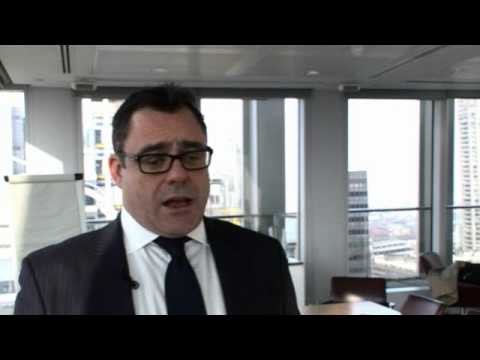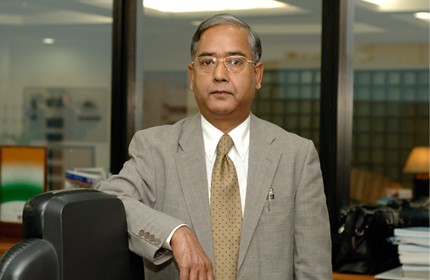Institutional investors should guide retail segment UK Sinha
Post on: 6 Апрель, 2015 No Comment

What India Needs from the World and What the World Can Expect from India
What India Needs from the World and
What India Needs from the World and What the World Can Expect from India
MP Sinha is a well-known expert on India’s IT and telecom sectors and has authored to influential reports as well as advising the Indian government on entrepreneurship. He has also served on Advisory.
SEBI Foreign Portfolio Investors Regulations
SEBI Foreign Portfolio Investors Regulations
The investment technology of foreign and domestic institutional investors in an emerging market
Dhananjay Sinha — Head, Institutional Research, Economist and Strategist
We Mean Business: Does India need better shareholder activism?
Dhananjay Sinha tells investors to look at quality large cap names with good liquidity
Dhananjay Sinha shares his outlook on FII investments & the markets
Microfinance society (Singapore) — Part 7 by Mr Sanjay Sinha MD of m-CRIL
Dhananjay Sinha of Emkay Global says he is overweight on private sector banks
5th India Roundtable. The Road Ahead — Foreign Funds and Fund Managers Investing in India — Panel I
Africonomie insight on Pensions and Sovereign Funds Investments in Africa

Mobile Money Movers Part 5: An interview with Abhishek Sinha, co-founder and CEO of Eko
Seeman 20140327 Comments on India abstaining from UNHRC voting against Sri Lanka
STOCKGURU NITIN SINHA PROMOTER
Institutional investors are organizations which pool large sums of money and invest those sums in securities. real property and other investment assets. They can also include operating companies which decide to invest their profits to some degree in these types of assets.
Types of typical investors include banks, insurance companies. retirement or pension funds. hedge funds. investment advisors and mutual funds. Their role in the economy is to act as highly specialized investors on behalf of others. For instance, an ordinary person will have a pension from his employer. The employer gives that person’s pension contributions to a fund. The fund will buy shares in a company, or some other financial product. Funds are useful because they will hold a broad portfolio of investments in many companies. This spreads risk, so if one company fails, it will be only a small part of the whole fund’s investment.
Institutional investors will have a lot of influence in the management of corporations because they will be entitled to exercise the voting rights in a company. They can actively engage in corporate governance. Furthermore, because institutional investors have the freedom to buy and sell shares, they can play a large part in which companies stay solvent, and which go under. Influencing the conduct of listed companies, and providing them with capital are all part of the job of investment management .














